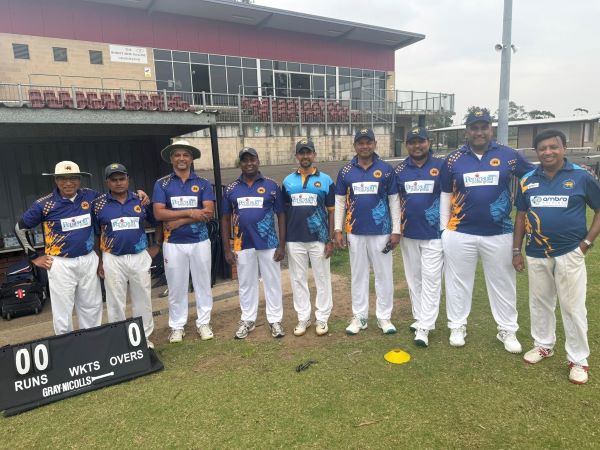Basic Terms for Creating A Training Program – By Alok Das

Source : Alok Das LinkedIn
Andragogy:
- The method and practice of teaching adult learners, emphasizing self-direction and practical, experience-based learning.
Blended Learning:
- A teaching approach that combines traditional face-to-face classroom methods with online educational materials and interactive activities.
Continuing Education:
- Programs designed for adults to continue learning and acquiring new skills beyond formal education, often related to professional development.
Experiential Learning:
- A hands-on learning process where adults gain knowledge and skills through direct experiences and reflection.
Facilitation:
- Guiding and managing a group or learning process, often used in adult education to encourage participation and engagement.
Self-Directed Learning:
- A process in which individuals take the initiative and responsibility for their learning, setting goals, finding resources, and evaluating their progress.
Instructional Design:
- The systematic development of educational programs and materials to facilitate effective learning experiences.
Train the Trainer:
- Programs designed to equip instructors with the skills and knowledge to effectively train others.
Curriculum:
- The structured set of courses, lessons, and materials designed to achieve specific educational goals.
Facilitator:
- An individual who guides and supports learners through the educational process, promoting engagement and interaction.
Face-to-Face (F2F) Training:
- Traditional classroom-based learning where instructors and learners interact in person.
Online Training:
- Learning conducted over the internet, allowing flexibility and accessibility for learners.
Assessment:
- The process of evaluating learners’ knowledge, skills, and competencies through various methods, such as tests, quizzes, and practical exercises.
Competency:
- The ability to apply knowledge and skills effectively in various contexts, often assessed to ensure learners meet specific standards.
Training Needs Analysis (TNA):
- A systematic process used to identify and evaluate the training requirements of an organization. It involves assessing the skills and knowledge gaps among employees.
Training Module:
- A specific unit or segment of a training program designed to cover a particular topic or set of skills.
Learner Needs Analysis:
- An assessment process that focuses on understanding the individual learning needs, preferences, and goals of learners.
Learning Style:
- The preferred way an individual processes and understands information.
- Common learning styles include visual (learning by seeing), auditory (learning by hearing), and kinesthetic (learning by doing).





















